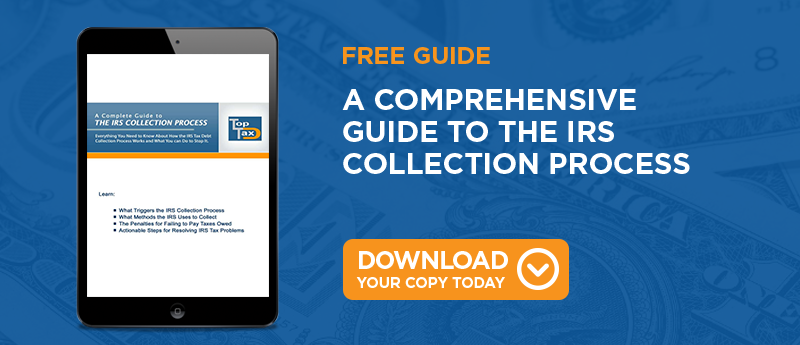
Do you owe an outstanding tax balance to the Internal Revenue Service? Taxpayers who are in arrears on their tax payments may be at risk for losing their assets in an IRS seizure. In some cases, this could even include an automobile, particularly if the vehicle has a great deal of value. Here's a look at when and how the IRS could seize an automobile from a taxpayer.
Does the IRS Have the Authority to Seize Your Car?
According to federal law, the IRS has the authority to seize any asset when a taxpayer is seriously delinquent on his or her balance. This includes the right to seize property, cash, and any automobile owned by the individual - under certain conditions.
For example, if the IRS has a reasonable belief that the vehicle holds enough value to fetch a fair price at auction, then the agency has the right to seize the automobile. However, the IRS is prohibited from seizing a vehicle when its value is too low to be applied to the outstanding tax debt.
When Does the IRS Seize a Car?
While the IRS has the right to seize an automobile in certain instances, the agency rarely exercises this authority. In general, the IRS only seizes an automobile when a taxpayer is extremely delinquent on his or her tax debt and has been non-cooperative with the agency's efforts to establish contact or a repayment plan. As mentioned earlier, the agency is also less likely to proceed with an auto seizure when the vehicle has little to no resale value.
How to Avoid IRS Auto Seizure
To keep the IRS from seizing your automobile, the best thing to do is to contact the agency about your back tax debt. If you are open and honest with the agency, you can generally establish an affordable repayment plan that allows you make monthly payments over time.
If losing your vehicle would pose a legitimate financial hardship, you may be able to avoid an IRS auto seizure as well. In this case, you may have to submit financial documents proving your case. In any situation, cooperating with the agency is the best protection against having your vehicle seized by the IRS.
If you're in debt to the IRS, you may be at risk for IRS auto seizure. Even though the IRS can legally seize your vehicle if it has resale value, you can prevent this from happening if you contact the agency and make an effort to clear your account.




